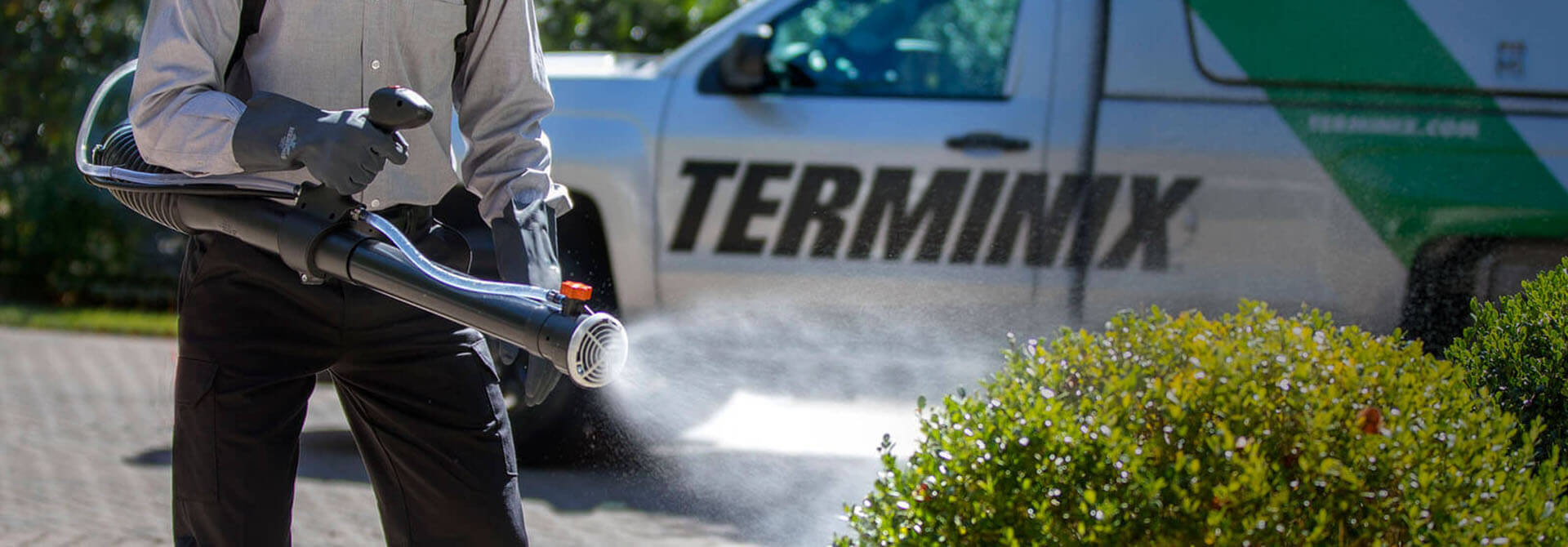Welcome readers to our comprehensive guide on commercial pest control Brisbane excellence. We understand the challenges that business owners and facility managers face when it comes to maintaining a pest-free environment in their commercial spaces.
The presence of pests can not only pose health hazards but also cause property damage and tarnish the reputation of a business. In this blog post, we will provide you with valuable insights and strategies to help you achieve excellence in commercial pest control.
1. Understanding Common Commercial Pests
Before delving into the strategies for pest control, it is essential to understand the common pests that can infiltrate commercial spaces. Rodents, insects, and birds are some of the most prevalent pests that can cause havoc. Rodents, such as rats and mice, can contaminate food, spread diseases, and damage property. Insects, including ants, cockroaches, and flies, are not only a nuisance but can also transmit diseases. Birds, such as pigeons, can create unsightly messes and damage structures.
The risks associated with these pests are numerous. Health hazards can arise due to the presence of pests, leading to potential outbreaks of diseases and infections. Property damage can include chewed wires, gnawed insulation, and damaged inventory. Additionally, if customers or clients spot pests in your commercial space, it can significantly damage your reputation and negatively impact your business.
2. Assessing Your Pest Control Needs
To effectively combat pests, it is crucial to conduct a thorough assessment of your premises. This assessment will enable you to identify potential entry points and areas prone to infestation. Look for signs such as droppings, damaged packaging, gnaw marks, and nests. By identifying these signs, you can determine the severity of the problem and take appropriate measures to address it.
3. Developing an Integrated Pest Management (IPM) Plan
Integrated Pest Management (IPM) is a holistic approach to pest control that combines prevention, monitoring, and targeted treatments. By implementing an IPM plan, you can effectively manage pests while minimizing the use of pesticides and reducing the impact on the environment.
To develop an effective IPM plan, start by implementing preventive measures. These measures can include maintaining cleanliness and proper sanitation practices, managing waste effectively, and ensuring proper landscaping and building maintenance. Regular inspections and sealing potential entry points are also crucial steps in preventing pest infestations.
4. Preventive Measures for Commercial Pest Control
Prevention is key when it comes to commercial pest control. By implementing a range of preventive measures, you can minimize the risk of pest infestations. Here are some best practices to consider:
Sanitation: Keep your commercial space clean and free of food debris. Regularly empty trash cans, clean kitchens, and dining areas, and ensure proper waste management practices.
Waste Management: Properly seal and dispose of garbage to prevent pests from being attracted to your premises. Use tightly sealed bins and consider implementing a regular garbage collection schedule.

Landscaping: Maintain a well-groomed landscape to minimize hiding places for pests. Trim bushes and trees away from the building, remove decaying foliage, and keep vegetation away from entry points.
Building Maintenance: Regularly inspect your building for cracks, holes, and other potential entry points. Seal any openings to prevent pests from gaining access to your commercial space.
Regular Inspections: Conduct routine inspections to identify signs of pest activity. This proactive approach allows you to address any emerging issues promptly.
5. Choosing Professional Pest Control Services
While implementing preventive measures is important, it is equally crucial to have professional pest control services on board. Hiring experts in commercial pest control Brisbane brings numerous benefits. These professionals have the knowledge, experience, and tools to effectively manage pests in commercial spaces.
When selecting a professional pest control service, consider factors such as their experience in commercial pest control, certifications/licenses, customer reviews, and their commitment to eco-friendly practices. Choose a service provider who understands the unique pest control needs of commercial establishments and can provide tailored solutions.
6. Employee Education and Awareness
In addition to professional pest control services, it is essential to educate and train your employees about pest prevention and early detection. By fostering a culture of vigilance against pests in the workplace, employees can play an active role in identifying early signs of pest activity and reporting them promptly.
Consider conducting educational sessions or workshops to educate employees about the common pests, their habits, and how to prevent infestations. Encourage employees to report any signs of pests immediately so that appropriate action can be taken.
7. Monitoring and Ongoing Maintenance
To ensure long-term success in commercial pest control Brisbane, continuous monitoring and maintenance are crucial. Regular inspections, proactive treatments, and staying updated with industry practices will help prevent recurring pest problems.
Schedule regular inspections with your professional pest control service provider to identify any emerging issues. This proactive approach allows for timely treatments and prevents pests from establishing a foothold on your premises. Stay informed about new pest control techniques and industry trends to ensure you are implementing the most effective strategies.
Conclusion
Maintaining a pest-free environment in commercial spaces is of paramount importance. By implementing the strategies outlined in this guide, you can achieve excellence in commercial pest control. Remember to conduct a thorough assessment of your premises, develop an integrated pest management plan, implement preventive measures, hire professional pest control services, educate employees, and prioritize monitoring and ongoing maintenance.
By following these guidelines, you can create a safe and welcoming environment for employees and customers alike. Protecting your commercial space from pests not only safeguards the health and well-being of everyone involved but also preserves your property and upholds your reputation. So, take action today and establish a pest-free zone for your commercial space.

